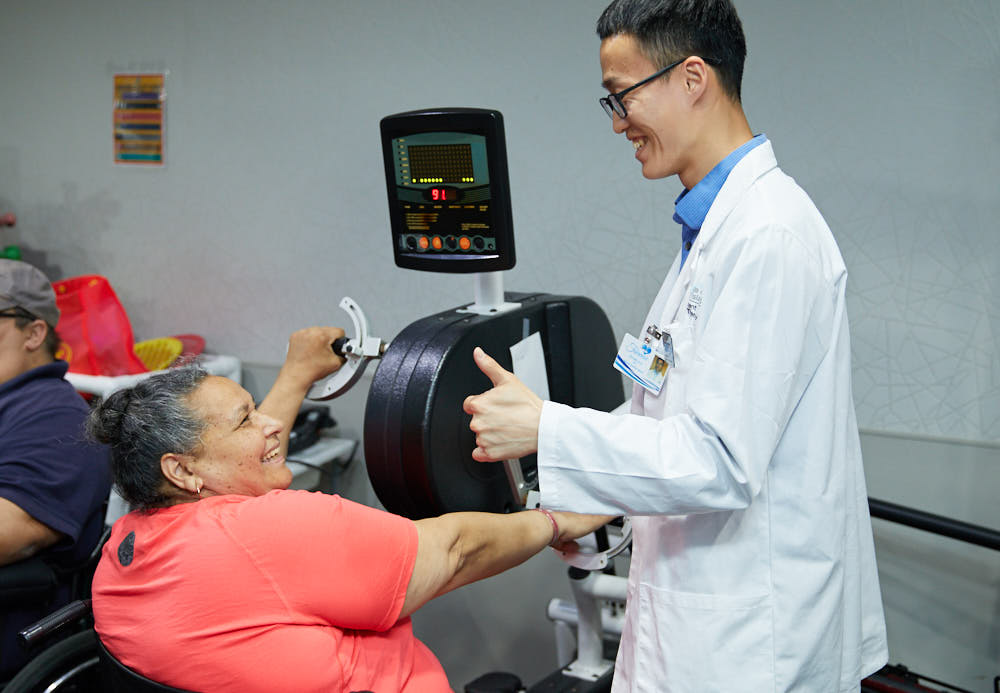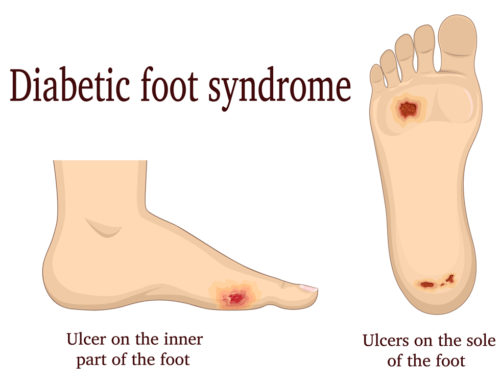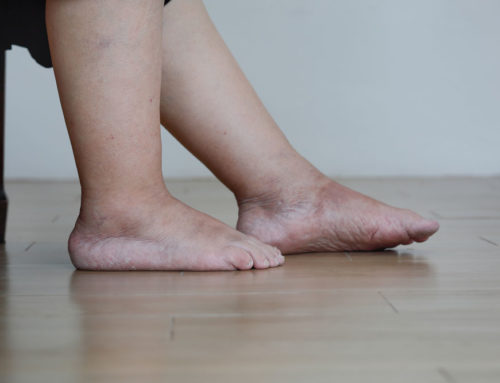What Causes Impaired Vascular Circulation – Fairview
Impaired vascular circulation, also called atherosclerosis, is an issue that can develop over time with no warning. It is caused by a thickening of the walls of your arteries. This leaves little room for blood to flow through them, which can lead to some serious consequences. If left untreated, the result could be heart failure or a stroke.
You may not be able to prevent impaired vascular circulation but there are measures for reducing complications. Learning the risk factors and the symptoms of this medical issue is a good place to start. Of course, the following information on atherosclerosis is for educational use only, so speak to your doctor about any concerns you may have.

Causes of Impaired Vascular Circulation
Atherosclerosis is caused when fats, cholesterol, and harmful substances in your blood build on the artery walls. This is called plaque buildup and over time, it can cause narrow, stiff arteries, which slows blood flow. It can affect any artery in your body.
Though there is no known cause of impaired vascular circulation, there are some risk factors to consider. These can include high blood pressure, high cholesterol, high triglycerides, diabetes, obesity, smoking, a fatty diet, or physical inactivity. Even inflammation from another unknown disease, like arthritis or psoriasis, could lead to atherosclerosis.
What happens if blood circulation is poor?
You likely won’t notice any issues of impaired vascular circulation until the issue is quite severe. When the symptoms begin, the arteries will be too clogged for the correct amount of blood to pass through them. This could lead to a variety of symptoms, though which ones affect you depends on where the narrowing is located.
For instance, if atherosclerosis is in your legs, you may notice pain when walking or decreased blood pressure. If the affected artery is near the heart, the symptoms could include chest pain or pressure. An issue near the kidneys could cause high blood pressure or even kidney failure in more severe cases.
Atherosclerosis near your brain causes the most severe symptoms. These can include weakness or numbness in your limbs, slurred speech, drooping face muscles, or even temporary loss of vision in an eye. If untreated, this could lead to a stroke.
How does vascular disease affect the body?
As we discussed above, many symptoms could occur with impaired vascular circulation. Unfortunately, these symptoms don’t appear until the issue is moderate to severe. Those with mild atherosclerosis likely won’t have any symptoms at all. That’s why it is so important to seek treatment as soon as a symptom is noted.
If left untreated for too long, the narrowing of the arteries can worsen. This can lead to some severe complications, depending on the location of the clogged arteries. For instance, if the arteries of the arms and legs are affected, the result could be peripheral artery disease. This decreases sensitivity to hot and cold, and in rare cases, gangrene.
Chronic kidney disease is another potential complication, which affects kidney functions. Blockage near the heart can cause coronary artery disease, which could lead to angina, heart attack, or heart failure. Atherosclerosis near the brain could result in carotid artery disease, which may cause a stroke, or an aneurysm.
This article contains informational and educational materials and does not replace health or medical advice. For questions or concerns regarding your medical condition or health objectives, speak to a qualified physician or healthcare provider.






Leave A Comment